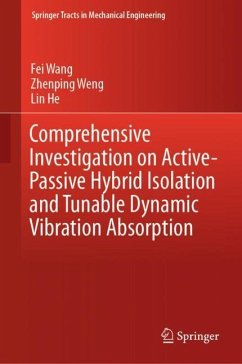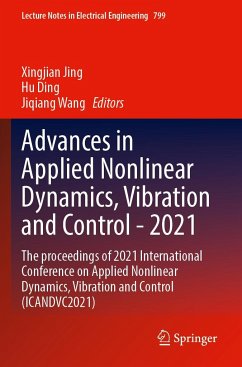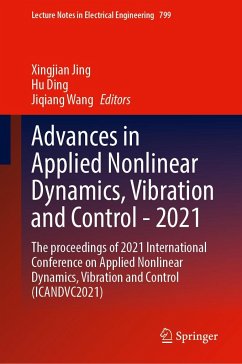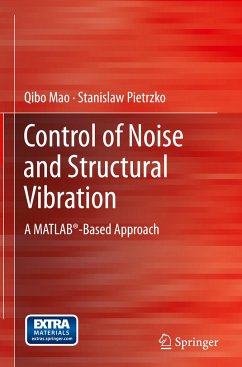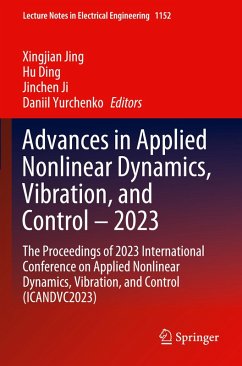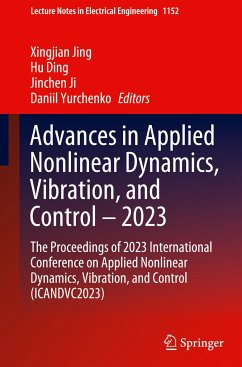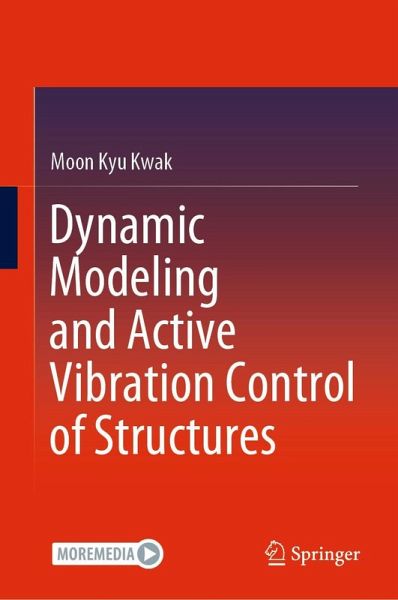
Dynamic Modeling and Active Vibration Control of Structures

PAYBACK Punkte
57 °P sammeln!
This book describes the active vibration control techniques which have been developed to suppress excessive vibrations of structures. It covers the fundamental principles of active control methods and their applications and shows how active vibration control techniques have replaced traditional passive vibration control. The book includes coverage of dynamic modeling, control design, sensing methodology, actuator mechanism and electronic circuit design, and the implementation of control algorithms via digital controllers. An in-depth approach has been taken to describe the modeling of structur...
This book describes the active vibration control techniques which have been developed to suppress excessive vibrations of structures. It covers the fundamental principles of active control methods and their applications and shows how active vibration control techniques have replaced traditional passive vibration control. The book includes coverage of dynamic modeling, control design, sensing methodology, actuator mechanism and electronic circuit design, and the implementation of control algorithms via digital controllers. An in-depth approach has been taken to describe the modeling of structures for control design, the development of control algorithms suitable for structural control, and the implementation of control algorithms by means of Simulink block diagrams or C language. Details of currently available actuators and sensors and electronic circuits for signal conditioning and filtering have been provided based on the most recent advances in the field.
The book is used as a textbook for students and a reference for researchers who are interested in studying cutting-edge technology. It will be a valuable resource for academic and industrial researchers and professionals involved in the design and manufacture of active vibration controllers for structures in a wide variety of fields and industries including the automotive, rail, aerospace, and civil engineering sectors.
The book is used as a textbook for students and a reference for researchers who are interested in studying cutting-edge technology. It will be a valuable resource for academic and industrial researchers and professionals involved in the design and manufacture of active vibration controllers for structures in a wide variety of fields and industries including the automotive, rail, aerospace, and civil engineering sectors.



